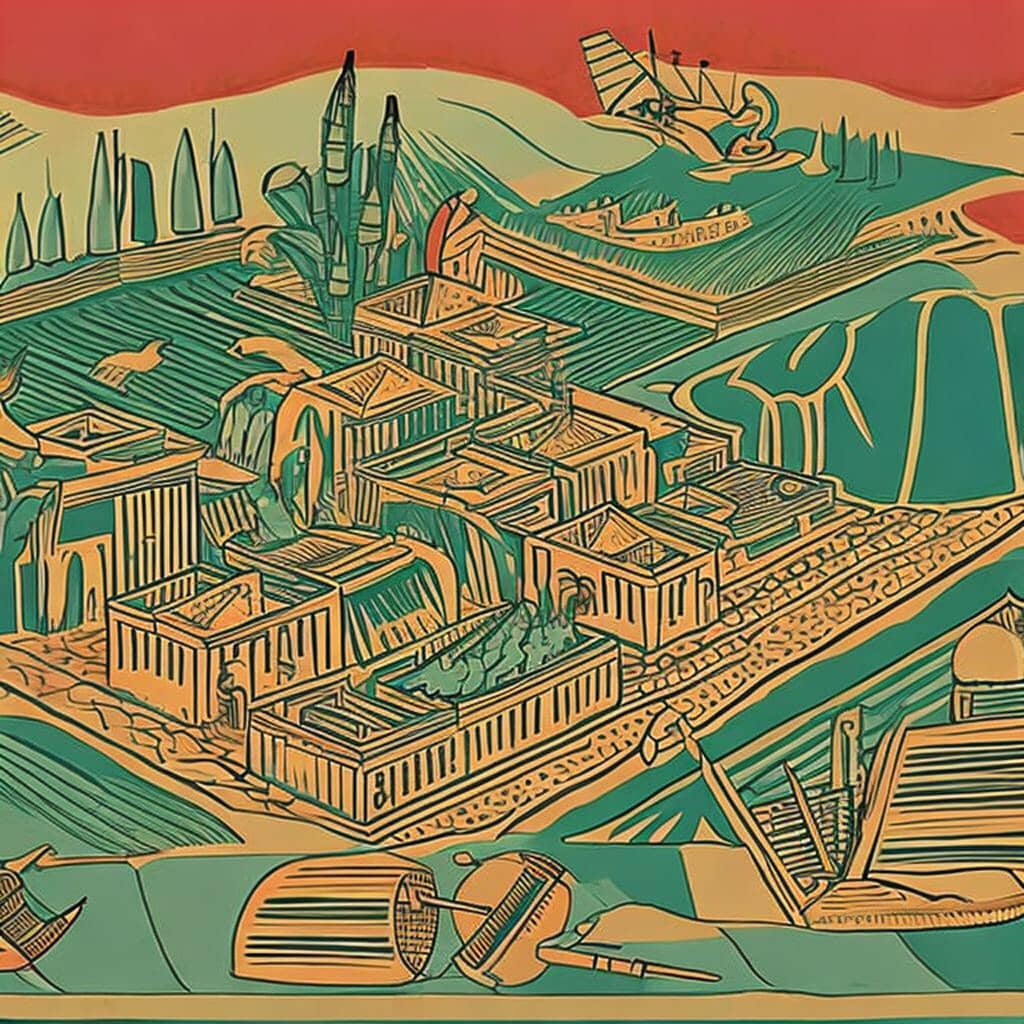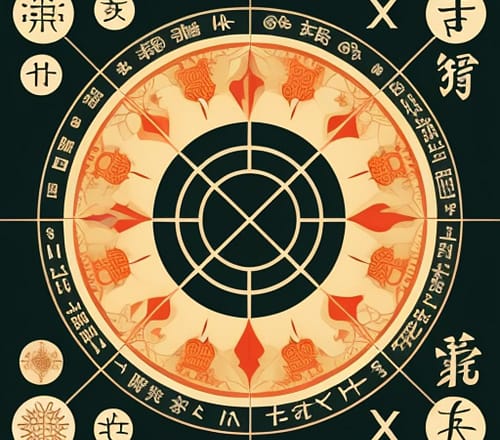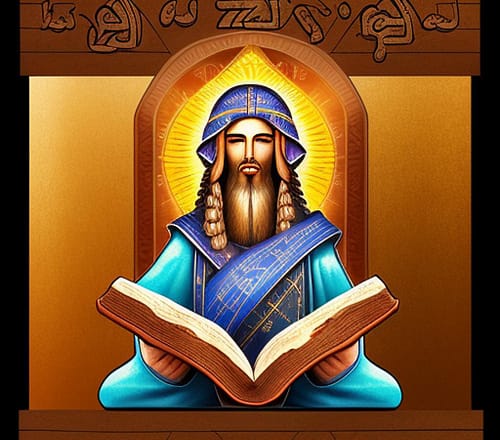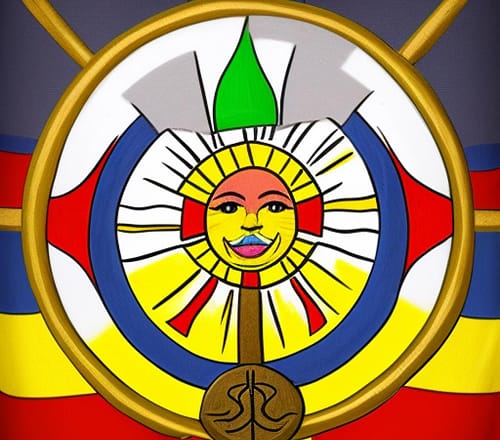
Table of Contents
Organization and Conflict in Ancient Mesopotamia
Sumer, one of the earliest civilizations in human history, was organized into a series of city-states, each with its own ruler and administrative system. These city-states, which flourished in the southern region of Mesopotamia (present-day Iraq) from approximately 4000 BCE to 2000 BCE, were the centers of Sumerian civilization and the site of many important developments in human history. However, the city-states were not always peaceful, and warfare was a common occurrence in Sumerian history. In this article, we will explore the organization and conflicts of Sumerian society, with a focus on the city-states.
Organization of Sumerian Society
The city-states of Sumer were organized into independent political entities, each with its own ruler, bureaucracy, and system of laws. These city-states, which were often centered around a large temple complex, were the primary unit of political and social organization in Sumerian society. The largest and most powerful city-states included Ur, Uruk, and Nippur, each with populations in the tens of thousands.
At the head of each city-state was a king or lugal, who ruled over the city and its surrounding territory. The king was responsible for maintaining law and order, administering justice, and protecting the city from external threats. The king was assisted by a council of elders, who were typically drawn from the city’s wealthiest and most influential families. The council provided advice to the king and helped to govern the city.
Below the king and council were a series of bureaucrats, who were responsible for administering the city-state’s affairs. These bureaucrats included scribes, accountants, and tax collectors, who kept records and collected taxes on behalf of the king. They also oversaw the city’s infrastructure, including its irrigation systems, roads, and buildings.
Conflict in Sumerian Society
Despite their shared cultural and linguistic heritage, the city-states of Sumer were often at odds with each other. The reasons for conflict varied but often centered around control of resources and territory. Sumerian city-states competed for control of fertile land, water sources, and trade routes, and they were not above using force to achieve their goals.
One of the most famous conflicts in Sumerian history was the rivalry between the cities of Uruk and Ur. These two city-states were the largest and most powerful in Sumer, and they frequently clashed over control of resources and territory. In one particularly bloody conflict, the king of Uruk, Lugalbanda, defeated the king of Ur and established Uruk as the dominant city-state in southern Mesopotamia.
The city-states of Sumer also faced external threats from neighboring peoples, such as the Akkadians and Elamites. These groups frequently raided Sumerian territory and sometimes established their own kingdoms within Sumerian borders. The Sumerians often banded together to repel these invaders, but they were not always successful.
The city-states of Sumer were the centers of civilization in ancient Mesopotamia, and they were organized into independent political entities, each with its own ruler and administrative system. However, the city-states were often at odds with each other, and warfare was a common occurrence in Sumerian history. The conflicts between the city-states often centered around control of resources and territory, and they frequently involved the use of force. Despite these conflicts, the city-states of Sumer made many important contributions to human history, including the development of writing, the wheel, and the plow.
Shop tip
Sumerian city-states on Amazon
Thank you for reading, shares and comments 👍
Sources openai Language models, aitrot, picsart and mib
Embark on a journey into the realm of affiliate marketing and craft your own website within a vibrant, supportive community. Join me in this adventure, where you can begin as a free starter and stay as long as you desire. Enjoy complimentary hosting and foundational teachings to set you on your path. For those with advanced skills, opportunities to elevate your expertise await. Take a moment to explore and witness the magic for yourself!




